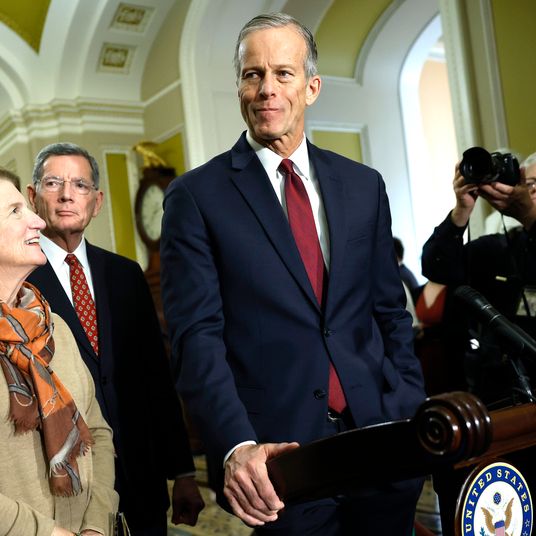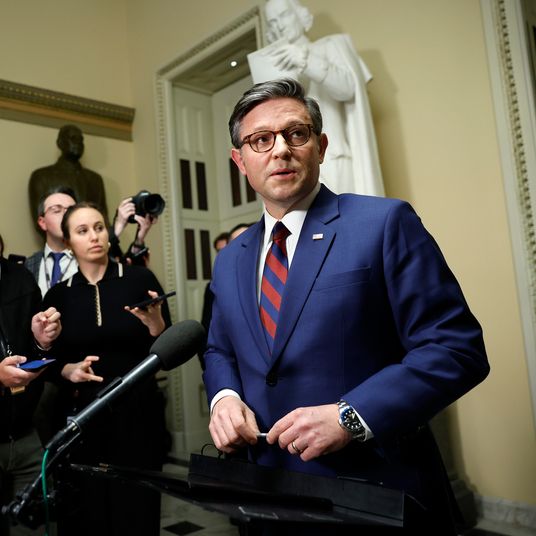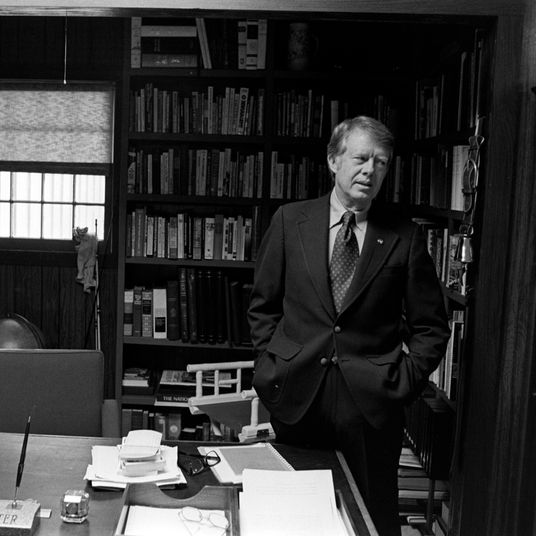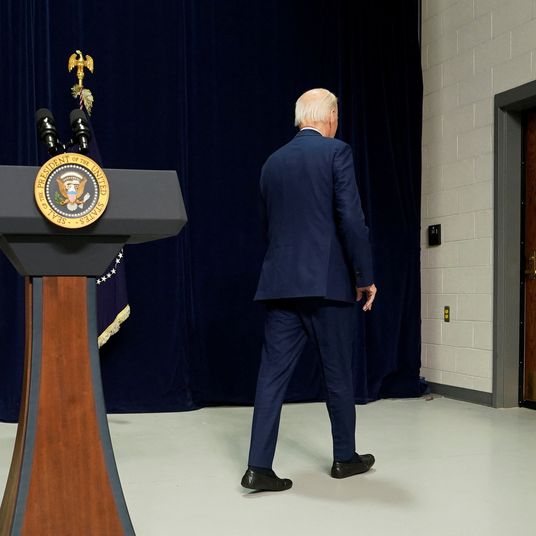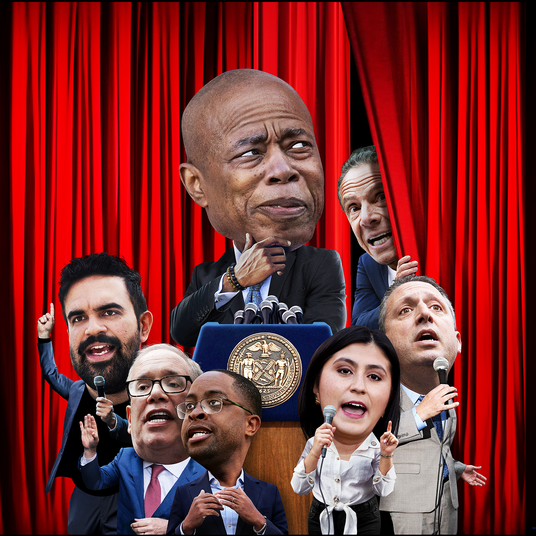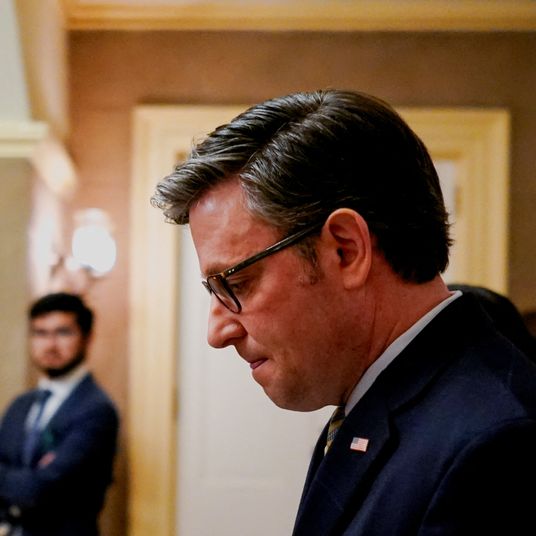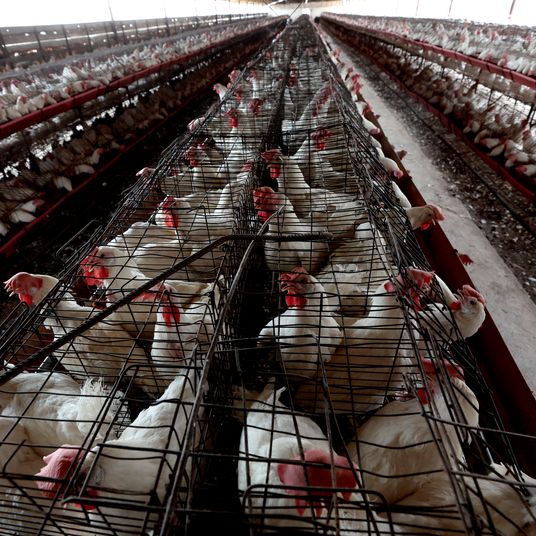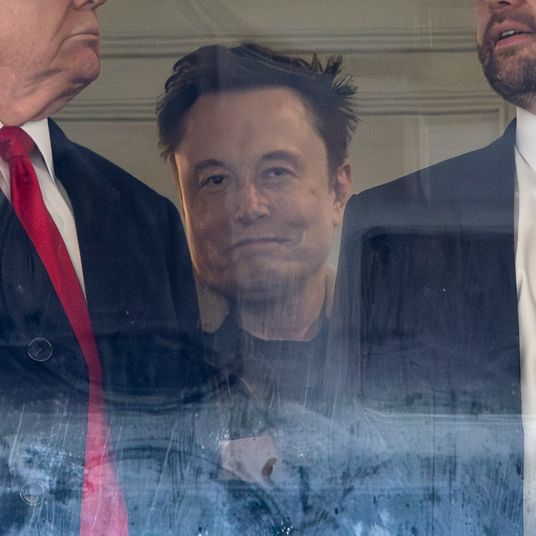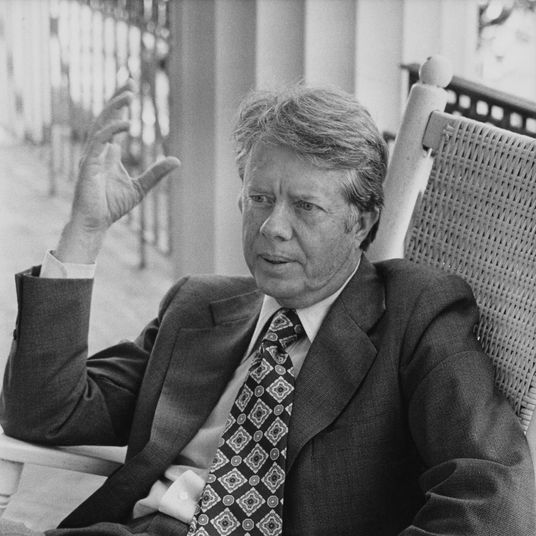All right, so what do The Experts think will happen as a result of Judge Vaughn Walker’s landmark ruling? First of all, let’s let Time do a little explaining about the technicalities:
[The] losing side will probably file a “merits” appeal with the 9th Circuit, located in San Francisco. During this trial, lawyers will argue in front of three judges, who will then release a written opinion. This court has a reputation for having liberal judges, but the three judges are chosen randomly. Then, whatever side loses this appeal can file an “en banc” complaint to be heard in front of 11 judges on the court. None of this process has a deadline, so this saga could drag on for a while.
Okay! Than what?
After the appeals court decides, then the losing side can ask the Supreme Court to take their case. This may come even instead of the “en banc” process. Legal battles could have gone on for a year before this happens. Legal experts say the Supreme Court will probably take this case, but it may not if the appeals court reverses Walker’s decision or voters reverse Prop. 8 at the ballot. That, after all this time in court, would render any decision moot.
Here are some takes on what could happen, decision-wise:
• According to pretty much everyone, Anthony Kennedy is the likely swing vote on the Supreme Court on this issue. “Justice Kennedy is known to be the Supreme Court Justice most likely to vote in favor of expansive interpretations of individual rights,” points out UCLA law professor Adam Winkler. “He’s a libertarian, which means he almost always sides with the individual against the government. This has led him to vote in ways that liberals love and conservatives hate — such as his vote to affirm Roe v. Wade — and vice-versa — such as his vote against government regulation of corporate speech. But it bodes well for the liberals in the same-sex marriage case.”
• But don’t assume he’s made up his mind yet. “I have no way of predicting how he’d come down on this, and I don’t think he does, either, at this point,” Berkeley law professor Jesse H. Choper told the Times.
• Dahlia Lithwick notes that Judge Walker was writing directly to (and from!) Anthony Kennedy’s viewpoint. “Judge Vaughn R. Walker is not Anthony Kennedy. But when the chips are down, he certainly knows how to write like him. I count — in his opinion today — seven citations to Justice Kennedy’s 1996 opinion in Romer v. Evans and eight citations to his 2003 decision in Lawrence v. Texas,” she writes on Slate. “‘Animus towards gays and lesbians or simply a belief that a relationship between a man and a woman is inherently better than a relationship between two men or two women, this belief is not a proper basis on which to legislate,’ Walker notes, with a jerk of the thumb at Kennedy. Justice Kennedy? Hot sauce to go with those words?”
• Andrew Sullivan argues that Walker is talking to Scalia, too, using the conservative justice’s own words about moral disapproval from Lawrence v. Texas to make his point. “Given the precedents of Romer and given Lawrence, how would Scalia disagree with Walker’s logic?” wonders Sullivan. “More to the point, unless he wants to reverse his own decisions in Romer and Lawrence, how would Anthony Kennedy disagree?”
• Nate Silver cautions not to forget that Anthony Kennedy is a person, too. “It seems to me that most of the ‘intangibles’ bear upon Justice Kennedy in ways that favor his finding Constitutional protection for same-sex marriage,” he writes. “For one thing, he’ll be 75 or 76 by the time the SCOTUS hears this case, and will probably be thinking about his legacy. Given that, in 50 years’ time, American society will almost certainly regard the plaintiff’s position (the Constitution does not permit discrimination in marriage on the basis of sexual orientation) as the right one, that legacy would be better served by casting the decisive vote in favor of the plaintiffs.”
• And don’t forget the court’s soon-to-be new vote, Elena Kagan! “Her confirmation is a done deal, but we’ll be watching to see if U.S. District Court Judge Vaughn Walker’s overturning of California’s Proposition 8, banning same-sex marriages, emerges as a point of debate,” writes the Point of Law blog. One of the main complaints about Kagan has been that she doesn’t have a judicial record. However, the one most prominent thing that we do have on the record from Kagan is her vociferous opposition of discrimination against gays.
• Northwestern Law School professor Andrew Koppelman notes that the facts that Walker laid out so diligently will have a great impact on the future of the case. “If the Supreme Court does not want to uphold same-sex marriage, its job has been made harder by this decision,” he tells the Times. “They are supposed to take as true facts found by the district court, unless they are clearly erroneous.” Facts like, “Eliminating race and gender restrictions in marriage has not deprived the institution of marriage of its vitality,” and “Sexual orientation is fundamental to a person’s identity.” Says Koppelman: “This opinion shows why district courts matter, even though the Supreme Court has the last word.”
• William Duncan at the National Review thinks some of these facts actually are clearly erroneous. “[The] fundamental problem stems from the reality that marriage has always been understood, with very few exceptions, as the union of a man and a woman. This is true across time, across cultures, across religious traditions, etc,” he says. “Does it really seem likely that this remarkable consensus is nothing but a nasty desire of one group to flaunt its privileged position over a minority? … Judge Walker seems to think gender and children have nothing to do with marriage; the facts suggest precisely the opposite.”





